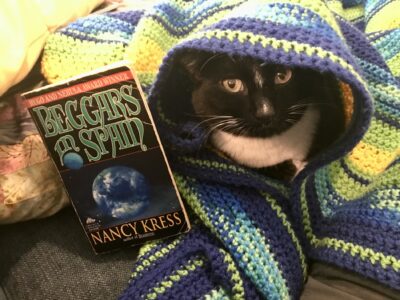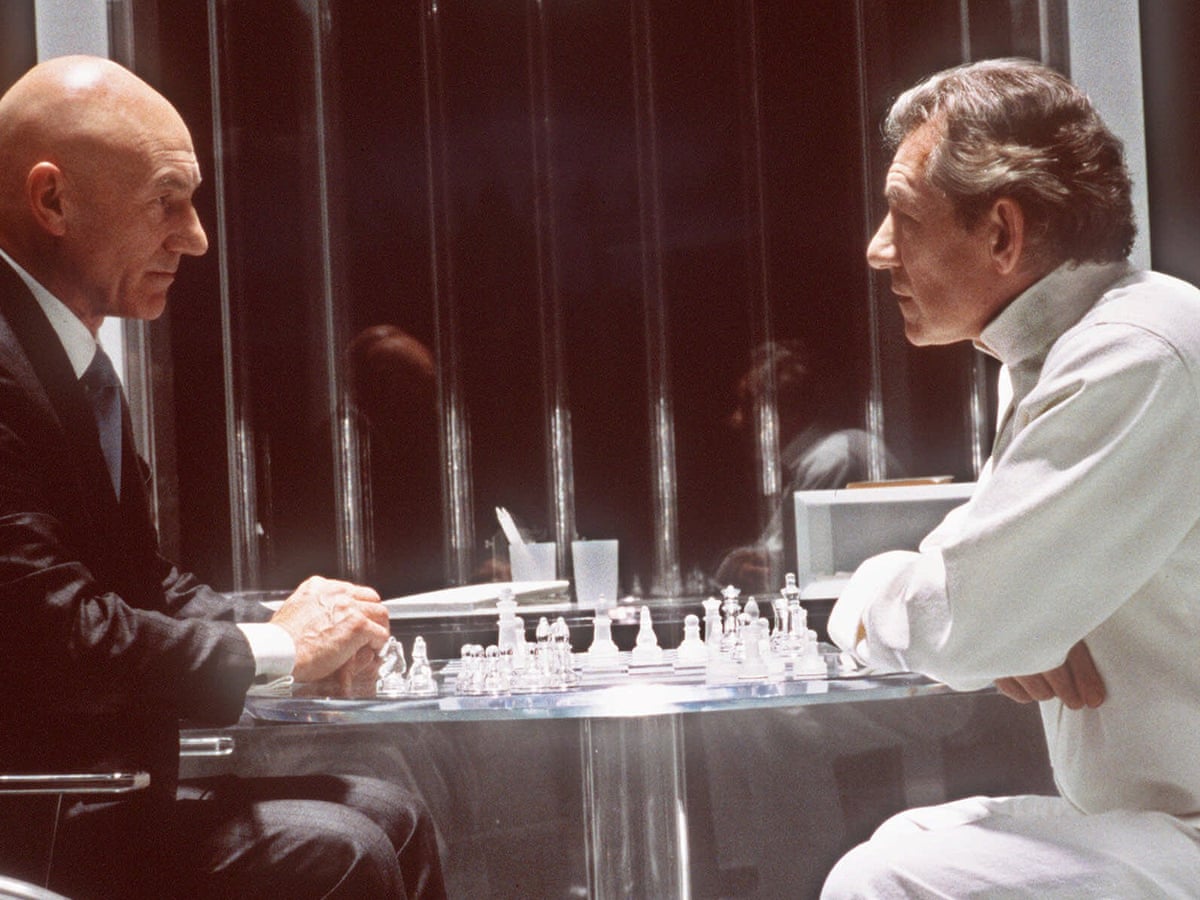 This was kind of a weird one. Really good writing, interesting concept and story, and I did finish the book, but it never quite hooked me. None of the characters, even though the book spans several generations, really spoke to me.
This was kind of a weird one. Really good writing, interesting concept and story, and I did finish the book, but it never quite hooked me. None of the characters, even though the book spans several generations, really spoke to me.
Genetically engineered babies are all the rage: beauty, brains, anything the rich parents can imagine. Then a fad sweeps the engineered baby community, and a heap of babies designed to never need sleep are born. Due to all the extra time to study, plus Science, these sleepless babies grow up super smart. The “Sleepers” get all het up about this, and it becomes an Us vs. Them story. The Sleepers hate anyone different, and the Sleepless get all superior and high and mighty, and it’s all a little too MAGA, even though it was written in 1993.
Leisha Camden is one of the first Sleepless, and she and her cohort grow up very close. As society gets uglier towards them, some of the Sleepless want to withdraw and have as little as possible to do with the Sleepers (very Magneto), while Leisha wants to work together and help everyone (very Professor X). After the town the Sleepless built is attacked, they go bigger, buying a whole space station and taking their people to orbit. There, they continue tinkering with their genes, creating even smarter babies, as well as virus bombs that will kill everyone on Earth if the Sleepers try to attack them again. Leisha stays on Earth, setting up scholarships for Sleepers and trying to keep her family safe.

There’s a whole lot of politics, and several side plots (Leisha has a twin sister who didn’t get any of the genetically engineered stuff, so it’s very Schwarzenegger and DeVito), and children and grandchildren who grow up to keep changing the world. A lot happens, and the writing is good, but like I said – I never quite cared about anybody. Maybe I’ll read the next one and see if the next generation is any more likeable.

It’s been too long since I finished the book and I had to look it up to remember character names, and Wikipedia had this interesting tidbit: “Nancy Kress has explained that the book, and the trilogy generally, grapples with the conflicting principles of Ayn Rand on one hand and Ursula K. Le Guin‘s picture of communist-like community on the other.”
